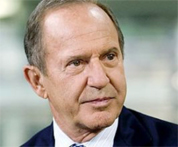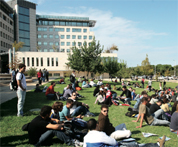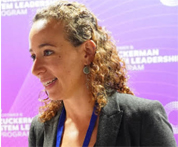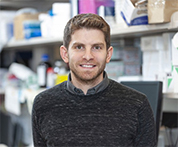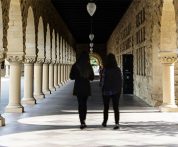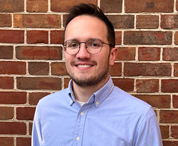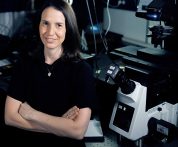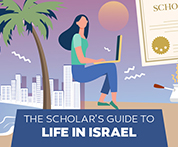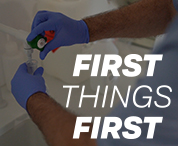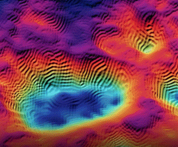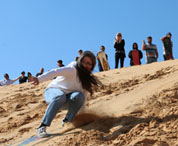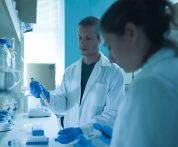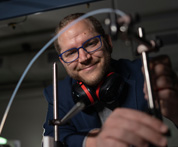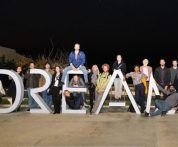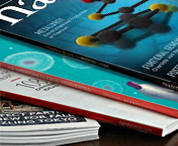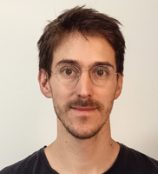Accurate mapping of the brain’s structural connectivity is fundamental to understanding its complex functional networks. It is also important for understanding many brain disorders that affect connectivity. We use MRI to measure brain connectivity, but current measurements suffer from many limitations limited. Roey Schurr’s goal for his doctoral research in Brain Science: Computation and Information Processing, at the Edmond and Lily Safra Center for Brain Science at the Hebrew University of Jerusalem, was to develop new methods for measuring brain connectivity in humans, potentially improving the diagnosis of brain disorders and paving the way to developing specific therapies.
As a postdoctoral fellow in the Department of Psychology at Harvard University, Dr. Schurr asks the question: what is the link between changes in brain structure and connectivity to behavioral changes? He uses model-based cognitive neuroscience to link three separate areas: behavior, mathematical modelling of cognition, and mapping of the neural circuitry that supports cognitive processes.
Dr. Schurr will start by characterizing his subjects’ cognitive state using a set of mathematical parameters (called the computational phenotype) estimated from their behavior (such as their learning rate or their capacity for uncertainty evaluation). He and his colleagues hypothesize that these phenotypes change slowly over time, so the researchers can create a dynamical model of these individual cognitive states, including an analysis of what drives changes in the phenotype. They also expect that neuroimaging will reveal neural signatures of these distinct dynamical components. Success at linking these areas could help with understanding basic human capacities as well as atypical populations, such as people with autism spectrum disorder.
Education is one of Dr. Schurr’s greatest passions. Recognized as his faculty’s best lecturer, he has also co-organized scientific events for colleagues both within and outside of his own university, and lectured and promoted brain research awareness to high school students from diverse backgrounds.
 ISRAELI COUNCIL FOR HIGHER EDUCATION
ISRAELI COUNCIL FOR HIGHER EDUCATION MIT-Israel Zuckerman STEM Fund for Faculty Collaboration
MIT-Israel Zuckerman STEM Fund for Faculty Collaboration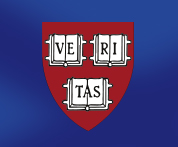 The Zuckerman Travel and Research STEM Fund at Harvard
The Zuckerman Travel and Research STEM Fund at Harvard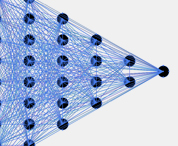 Zuckerman AI Fund at Technion
Zuckerman AI Fund at Technion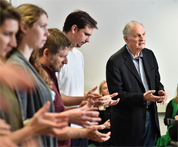 Alan Alda Communicating Science
Alan Alda Communicating Science Zuckerman Institute – ScienceAbroad
Zuckerman Institute – ScienceAbroad Zuckerman Institute – America-Israel Friendship League partnership
Zuckerman Institute – America-Israel Friendship League partnership

